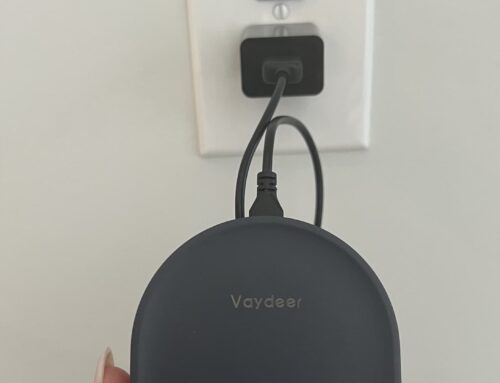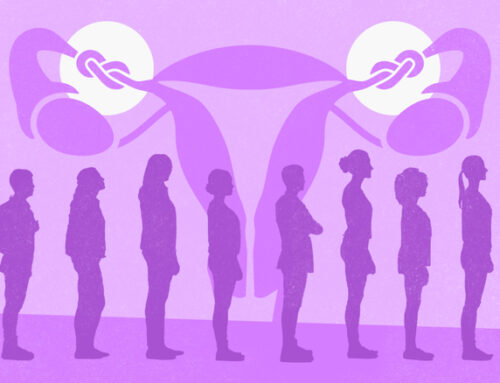Published:September 10, 2021
-CTV
TORONTO — Getting vaccinated not only protects you against COVID-19, but it seems it can also improve your mental well-being.
A large-scale study published this week by the Public Library of Science showed that, overall, mental health scores of participants improved after receiving a single COVID-19 vaccine dose.
The study tracked 8,003 adults in the U.S. It found that those who were vaccinated between December 2020 and March 2021 reported decreased mental distress levels and were less likely to exhibit signs of mild or severe depression.
“The COVID-19 pandemic has affected several aspects of people’s lives, including their employment and finances, health risks and opportunities to socialize, all of which can affect mental health,” the researchers wrote. “Getting the first dose of [a] COVID-19 [vaccine] resulted in significant improvements in mental health.”
Although the researchers can’t pinpoint why those who got the shot experienced a boost in their mental health, they said it’s likely a combination of factors.
“Those recently vaccinated may become less worried about getting infected, they may become more active socially, or they may venture into different work opportunities,” they wrote.
The study notes that while it reports an improvement in the short-term mental health of those who receive a COVID-19 vaccine dose, as more people roll up their sleeves, it could also improve the wellness of those who aren’t inoculated.
“An unvaccinated individual may still benefit from the reduced prevalence rates in the population, may become less worried about loved ones, and may benefit from increased social and economic opportunities if the vaccine rollout results in more social and economic activity due to lower disease risk,” the researchers wrote.
As of Friday, over 28 million Canadians, nearly 74 per cent of the population, have received at least one COVID-19 vaccine dose. More people in this country than ever before have reported symptoms of anxiety and depression during the pandemic, including youth, among whom symptoms of anxiety and depression have doubled.




